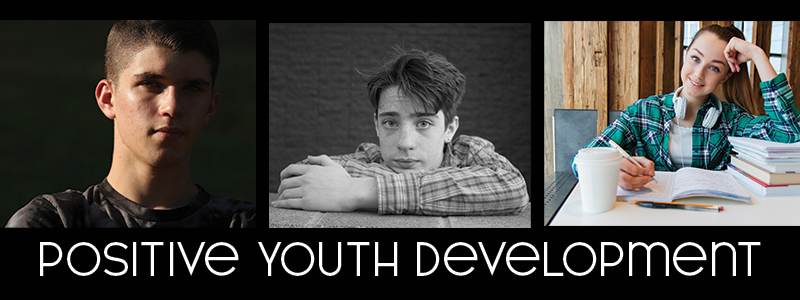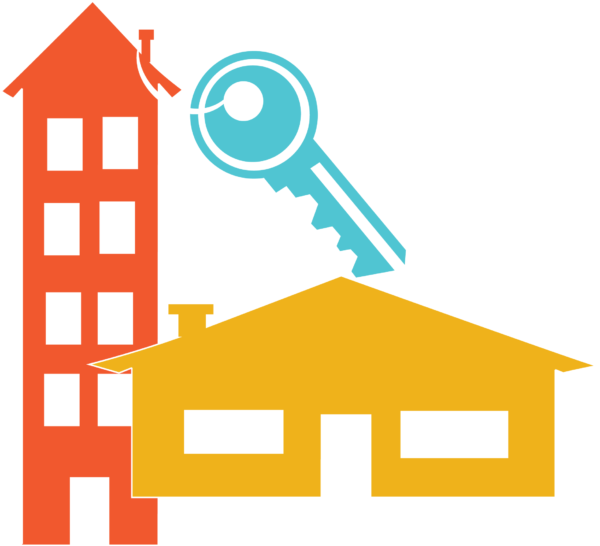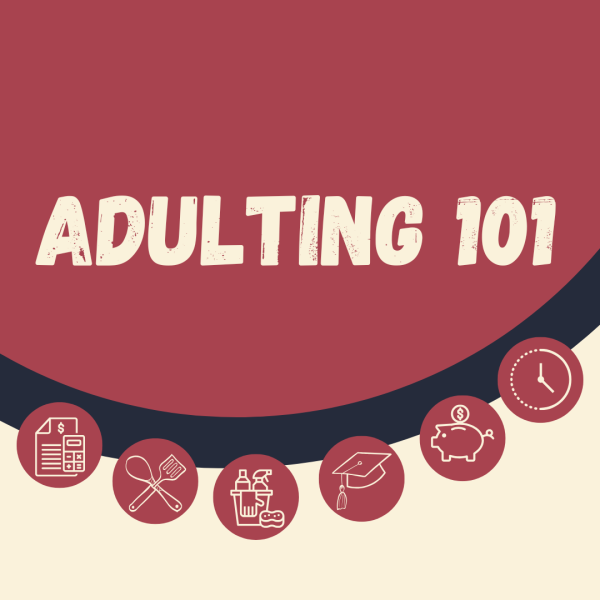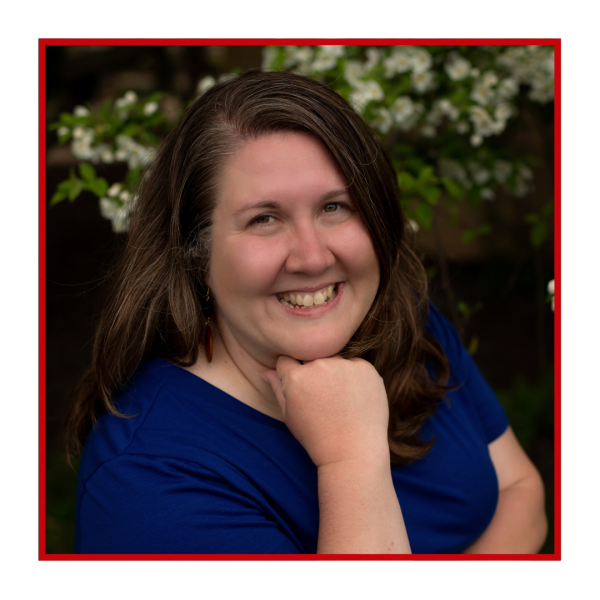Positive Youth Development

Youth development programs offer youth something that formal learning doesn’t – a place to build skills for the future. Build a program where that happens!
Youth Development give young people opportunities to learn new skills, gain self-confidence, and contribute to their communities. Backed by the knowledge and research base of the University of Wisconsin, educators design educational, leadership, and citizenship experiences for youth.
Below are just a few of the many programs currently available. Please reach out if you have an opportunity that you see or would like more information on.

Rent Smart: A Tenant Training Program
Helping to make renting a great experience for you.
Rent Smart provides practical education to help people looking for rental housing to acquire and keep decent housing. Rent Smart emphasizes skills that can help tenants avoid legal confrontations. It stresses tenant responsibilities and the advantages the tenant gains from viewing the landlord-tenant relationship as mutually beneficial rather than confrontational.
What you will learn:
- Planning for and meeting monthly expenses
- Tips for finding and maintaining affordable housing
- How to complete an application and why landlords screen applicants
- Strategies for building positive relationships with landlords and neighbors
- Responsibilities and rights of landlords and tenants
Local classes taught in person, and online. For more options, check out these online Rent Smart classes taught by Extension Educators throughout the state. These are taught live, online via Zoom.

Adulting 101
Adulting 101 is an educational series for teens lead by Extension Educators that teaches youth valuable life skills often not taught in the classroom. Adulting refers to being a responsible adult by paying bills, cooking and cleaning, having health insurance and maintaining a savings account. It also means knowing how to have healthy relationships and being a professional when interviewing for a job. It is believed that today’s youth lack adulting skills because there is an over-emphasis on academics from an early age compared to previous generations. This program engages youth in learning adulting skills to combat this issue.
STAFF

MaryBeth Wohlrabe
Positive Youth Development Educator
920-832-5120 | Wisconsin Relay: 711




